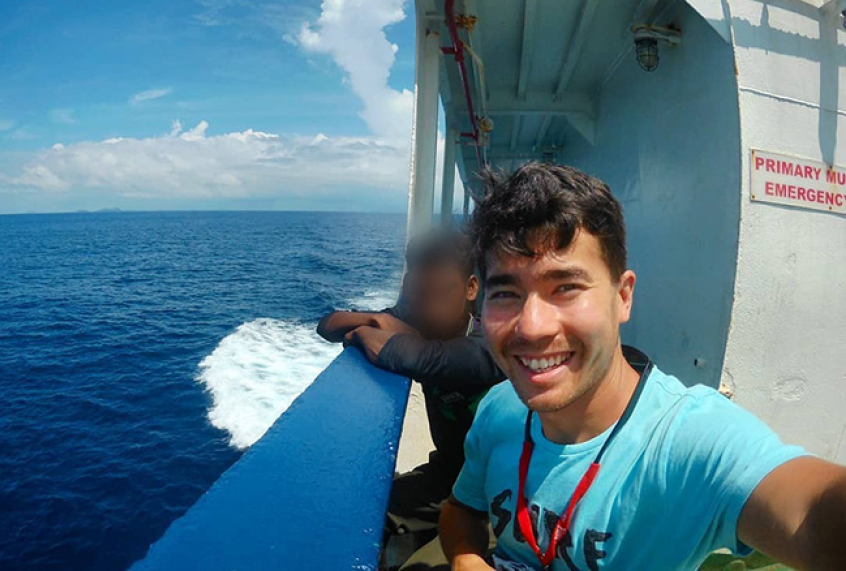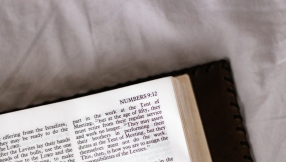An American described as a missionary has been murdered on one of the islands in India's remote cluster of Andaman and Nicobar.
John Allen Chau, 27, described by one police source as an 'adventurer', was killed by a group of hunter-gatherers who live on North Sentinel Island isolated from the outside world.
The island is out of bounds for visitors, but Chau was lllegally ferried there by fishermen.

A police source told Reuters he had visited the island cluster in the past. Police have learned he had a strong desire to meet the Sentinelese and preach on the island, the source added.
However, Jatin Narwal, Superintendent of Police at Port Blair, capital of the island chain, told TNM: 'He lived in Alabama, US. He is some kind of paramedic. He was on a misplaced adventure in prohibited area to meet uncontacted persons.
'People thought he is a missionary because he had mentioned his position on god and that he was a believer on social media or somewhere online.
'But in a strict sense, he was not a missionary. He was an adventurer. His intention was to meet the aborigines.'
One police source told Reuters Chau hired a fishing dinghy and, aided by the fishermen, reached the vicinity of the island on November 16 before transferring to a canoe.
His body, spotted the following day by the fishermen on their return, has not yet been retrieved, the official said, adding that the fishermen who took him there had been arrested.
An official source told the AFP agency: 'He was attacked by arrows but he continued walking. The fishermen saw the tribals tying a rope around his neck and dragging his body.
'They were scared and fled but returned next morning to find his body on the sea shore.'
A murder case has been registered by police.
The inhabitants of North Sentinel Island are believed to be the last pre-Neolithic tribe in the world and repel all intruders. In 2006, two fishermen, whose boat strayed onto the 60-sq-km (23-square-mile) island, were killed and their bodies never recovered. An Indian Coast Guard helicopter sent to retrieve the bodies was repelled by a volley of arrows from the community.
Tourists are banned from approaching closer than three miles to the island. The Sentinelise have no resistence to modern diseases like measles and influenza, and risk death if they are in contact with outsiders.
Stephen Corry, director of Survival International, said: 'This tragedy should never have been allowed to happen.
'The Indian authorities should have been enforcing the protection of the Sentinelese and their island for the safety of both the tribe and outsiders.
'Instead, a few months ago the authorities lifted one of the restrictions that had been protecting the Sentinelese tribe's island from foreign tourists, which sent exactly the wrong message, and may have contributed to this terrible event.
'It's not impossible that the Sentinelese have just been infected by deadly pathogens to which they have no immunity, with the potential to wipe out the entire tribe.'













